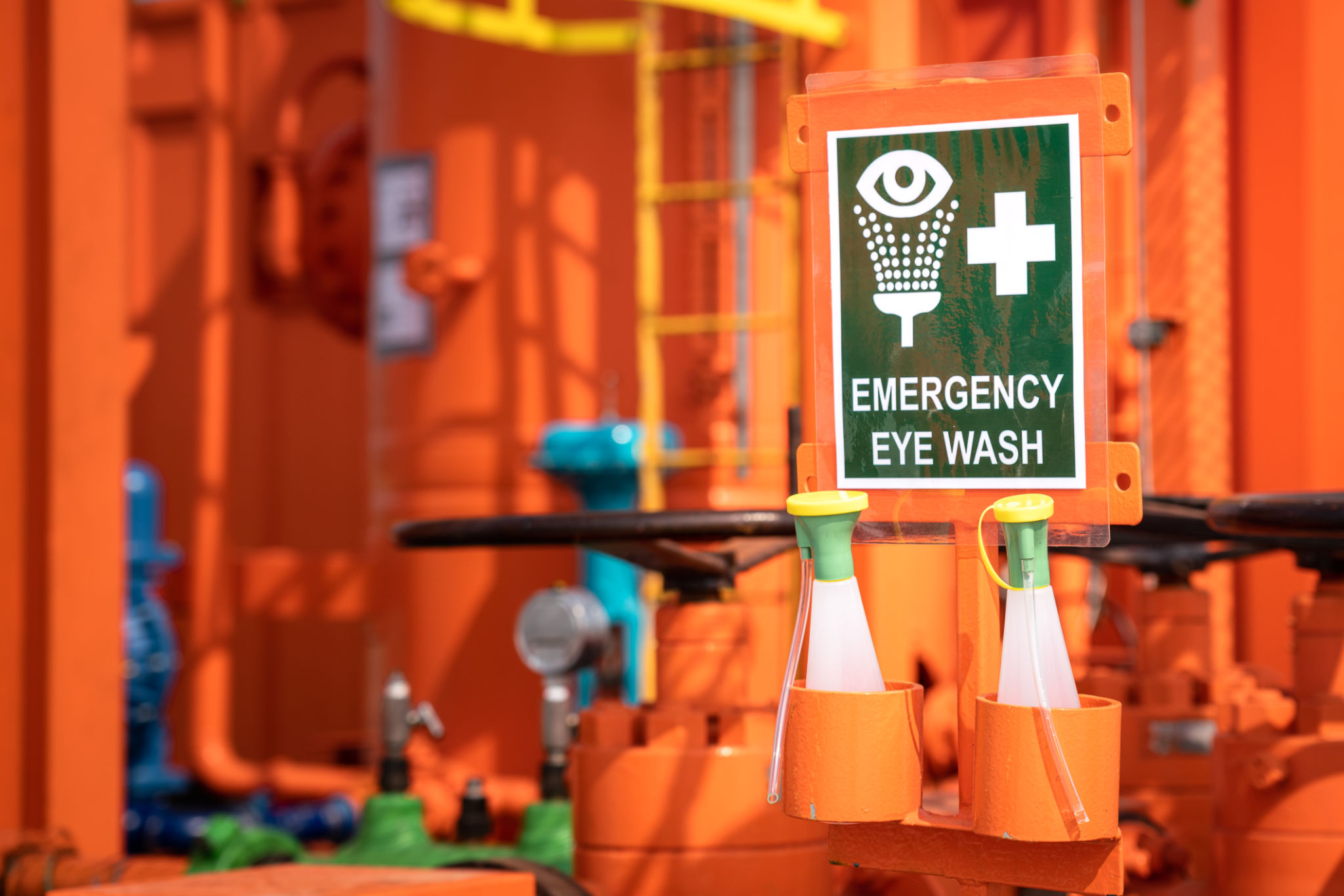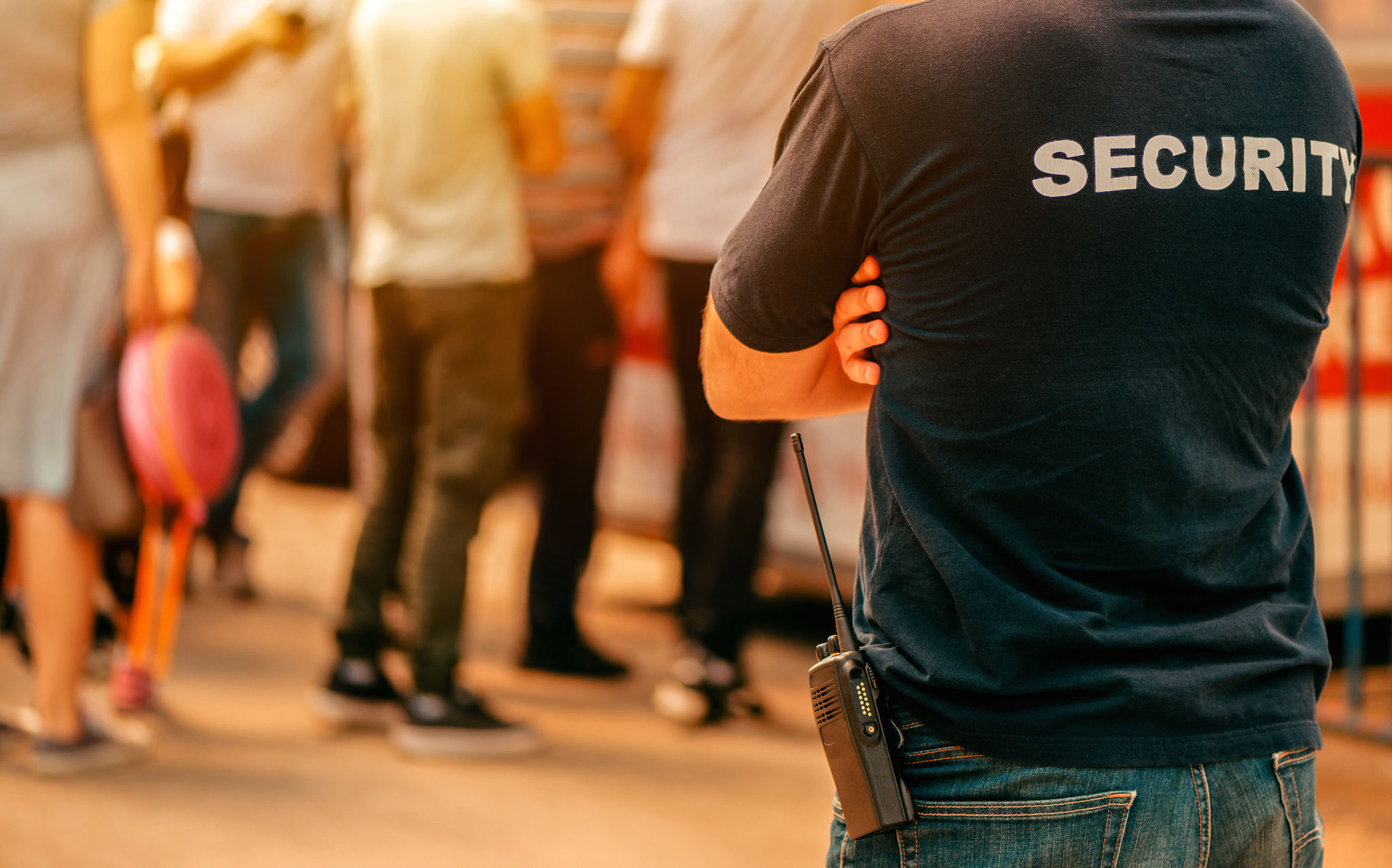Comprehensive Guide to Medical Standby Solutions for Events
Understanding the Importance of Medical Standby Solutions
When hosting an event, ensuring the safety and well-being of all attendees is paramount. One of the most critical components of event safety is having a comprehensive medical standby solution in place. This involves having trained medical personnel ready to respond to any medical emergencies that may arise during the event. Whether it’s a sporting event, concert, or conference, the presence of medical professionals can make a significant difference in emergency situations.

Types of Events Requiring Medical Standby
Various types of events require different levels of medical standby solutions. Large gatherings such as festivals and concerts often need a robust medical team on-site due to the high number of attendees. In contrast, smaller events like corporate meetings may require only a basic first-aid setup. Sporting events are another category where medical standby is crucial, given the physical exertion involved for participants. Understanding the specific needs based on the event type is essential for organizing an effective medical response team.
Components of a Medical Standby Solution
A comprehensive medical standby solution typically includes several key components. First, having a team of certified medical professionals, such as paramedics and EMTs, is essential. These professionals are equipped to handle a wide range of medical issues, from minor injuries to critical emergencies. Second, ensuring that the event site is well-equipped with necessary medical supplies and equipment, such as automated external defibrillators (AEDs), is vital. Lastly, having a clear communication strategy for coordinating with local emergency services can enhance the overall effectiveness of the medical response.

Benefits of Hiring Professional Medical Standby Services
Hiring professional medical standby services brings numerous benefits. These experts are trained to deal with emergencies efficiently, minimizing the risk of severe outcomes. Their presence can also provide peace of mind to attendees, knowing that help is readily available if needed. Additionally, having professional services can enhance the reputation of your event, showcasing your commitment to safety and preparedness.
Choosing the Right Medical Standby Provider
Choosing the right medical standby provider is crucial for ensuring effective coverage at your event. It's important to research and select a provider with a proven track record and experience in handling events similar to yours. Evaluating their range of services, certifications, and response times can help you make an informed decision. Moreover, discussing your specific needs and expectations with potential providers can ensure that they are fully prepared to meet the demands of your event.

Preparing for Medical Emergencies
Preparation is key to successfully managing medical emergencies at events. Conducting a thorough risk assessment beforehand can help identify potential hazards and areas requiring special attention. Training staff and volunteers on basic first-aid procedures can also be beneficial. Additionally, establishing an emergency action plan that outlines roles, responsibilities, and communication protocols ensures that everyone knows what to do in case of an incident.
Legal and Insurance Considerations
Another critical aspect of medical standby solutions is understanding the legal and insurance considerations involved. Event organizers should be aware of local regulations regarding medical coverage at public gatherings. Ensuring that insurance policies cover potential liabilities related to medical incidents is also crucial. Consulting with legal experts can provide insights into meeting all necessary legal obligations and protecting yourself from potential risks.
In conclusion, implementing a comprehensive medical standby solution is an essential component of event planning. By understanding the specific needs of your event and working with professional providers, you can ensure the safety and well-being of all attendees while minimizing risks associated with medical emergencies.
